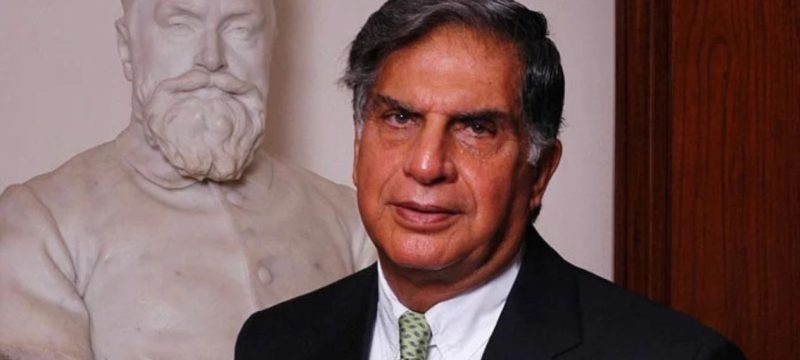Ratan Tata, the former chairman of the Tata Group who elevated the Indian conglomerate to global prominence through a series of high-profile acquisitions, has passed away at the age of 86, according to a statement from the Tata Group released late Wednesday. Tata, who led the conglomerate for over 20 years, had been receiving intensive care in a Mumbai hospital, as confirmed by two sources familiar with his medical condition earlier that day.
After graduating with a degree in architecture from Cornell University, Ratan Tata returned to India in 1962 to work for the group founded by his great-grandfather nearly a century earlier. He held positions in several Tata companies, including Telco (now Tata Motors) and Tata Steel, where he made a significant impact by reversing losses and boosting market share at National Radio & Electronics Company.
Read more: Doc Harris, Voice of Dragon Ball Z Narrator, Passes Away at 76
In 1991, he took over as chairman of the conglomerate when his uncle JRD Tata stepped down, coinciding with India’s major economic reforms that opened the country to global markets and initiated a period of rapid growth. One of his early initiatives was to reduce the influence of some company heads by implementing retirement ages, promoting younger leaders, and increasing oversight across the group.
Tata established Tata Teleservices in 1996 and took Tata Consultancy Services public in 2004, recognizing that to achieve substantial growth, the group needed to expand beyond India. In a 2013 interview with the Stanford Graduate School of Business, he explained, “It was the quest for growth and changing the ground rules to say that we could grow by acquisitions, which earlier we had never done.”
The group made significant acquisitions, including the British tea company Tetley in 2000 for $432 million and the Anglo-Dutch steelmaker Corus in 2007 for $13 billion, marking the largest foreign takeover by an Indian firm at that time. Tata Motors also acquired the luxury brands Jaguar and Land Rover from Ford in 2008 for $2.3 billion. Among his projects at Tata Motors were the Indica, the first car designed and manufactured in India, and the Nano, which was marketed as the world’s cheapest car. He contributed initial designs for both vehicles.
While the Indica enjoyed commercial success, the Nano, priced at around 100,000 Indian rupees (about $1,200) and born from Tata’s vision to create an affordable car for the masses, faced challenges due to safety concerns and poor marketing, leading to its discontinuation a decade later.
Known for his quiet demeanor, modest lifestyle, and philanthropic efforts, Ratan Tata was a licensed pilot who sometimes flew the company plane and never married. Approximately two-thirds of Tata Sons, the group’s holding company, is held by charitable trusts.
His leadership was not without controversy, particularly following a public feud after the dismissal of Cyrus Mistry, a member of the wealthy Shapoorji Pallonji family, as chairman of Tata Sons in 2016. The Tata Group stated that Mistry had failed to improve struggling businesses, while Mistry accused Ratan Tata, the group’s chairman emeritus, of meddling and establishing an alternate power center.
After stepping back from the Tata Group, Tata became a well-known investor in Indian startups, supporting numerous companies, including digital payments firm Paytm, Ola Electric (a division of ride-hailing service Ola), and home services provider Urban Company. Among his many accolades, he received the Padma Vibhushan, India’s second-highest civilian honor, in 2008 for his outstanding contributions to trade and industry.









